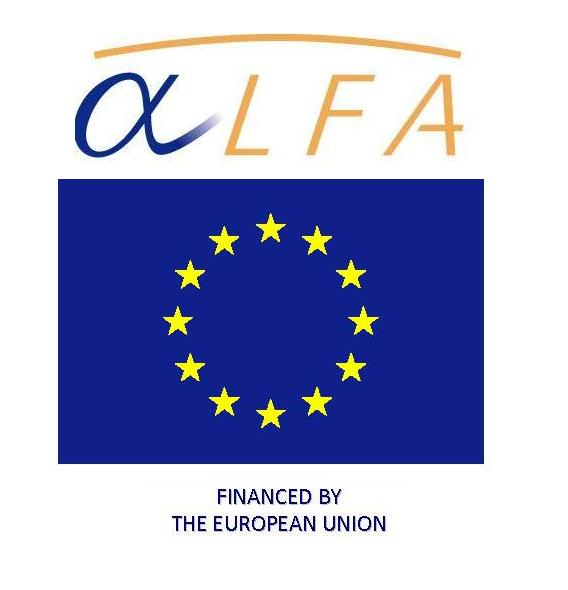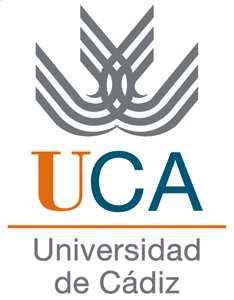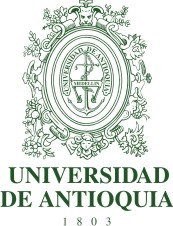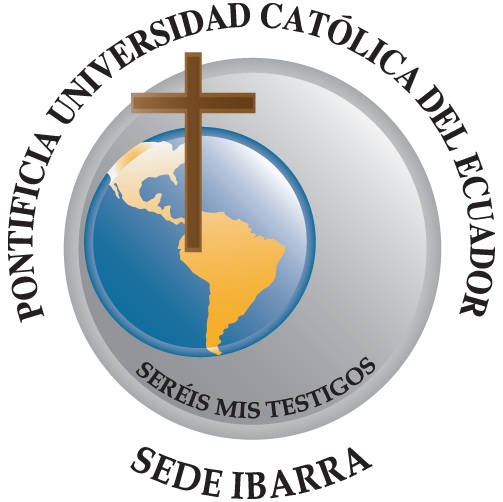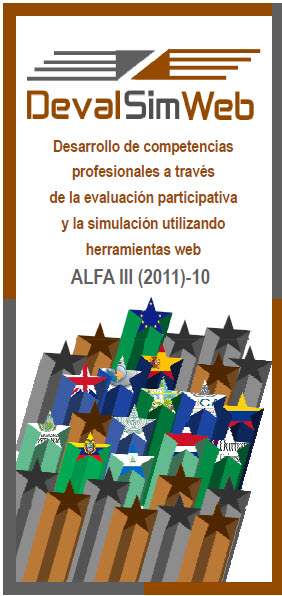A READING OF EXPERIENCE IN THE UNIVERSITY OF ANTIOQUIA
Advance in a project, it is not just to account for program activities. It is, above all, to rebuild epistemic subjective experiences. This has happened to us with the development of the project DevalSim Web in this 2013. In addition of reporting the program activities; we have thought from the productions of the previous year, this is from the reports about desertion, and selection of competencies, it has been possible to us to establish relationships among concepts, practices, surveys applied and the prospects of our understanding.
We say that the reflections achieved, the constructed explanations, and the exposed arguments begin to take shape in the other components of the project, especially in the training course for teachers. By now we have cognitive tools, techniques and discipline to pinpoint what adult learning is about in the framework of learning throughout life, to indicate structural aspects of each of the training units and to project a set of strategies and activities to enhance participation in the evaluation, as well as promoting the development of selected competencies from studies performed with teachers, students and entrepreneurs.
This occurs because, as Argüelles says(2012)
Reading is always something else. There is always something more in reading. An elusive something that is priceless, that defies statistics. Reading, despite being a tool that solves practical things in the daily basis, is an instrument without an immediate purpose. We read a book, a poem, a page, a paragraph, or a line and its inspiring educator, sensitizer effect perhaps will enhance its intense strength later, maybe the next day or in a week, maybe later in a few months or a few years. The benefits of reading are not necessarily immediate, but can occur when we thought that we had forgotten about them. Then they bring us the memory of a moment of sublime emotion, the resurrection of an experience, and that is when the reading takes its deepest sense. (p.29)
The readings, the glances, the ways of naming meeting spaces, the productions and analyzes achieved gave us now a return that brought into play with our research and teaching experience, allow the construction of a setting for teaching evaluation competences to the faculty of our university.
Reference
Argüelles, Juan Domingo, 2012, Reading. Elogio del libro y alabanza del placer de leer, Mexico, Ministry of Education, Government of the State of Mexico.





